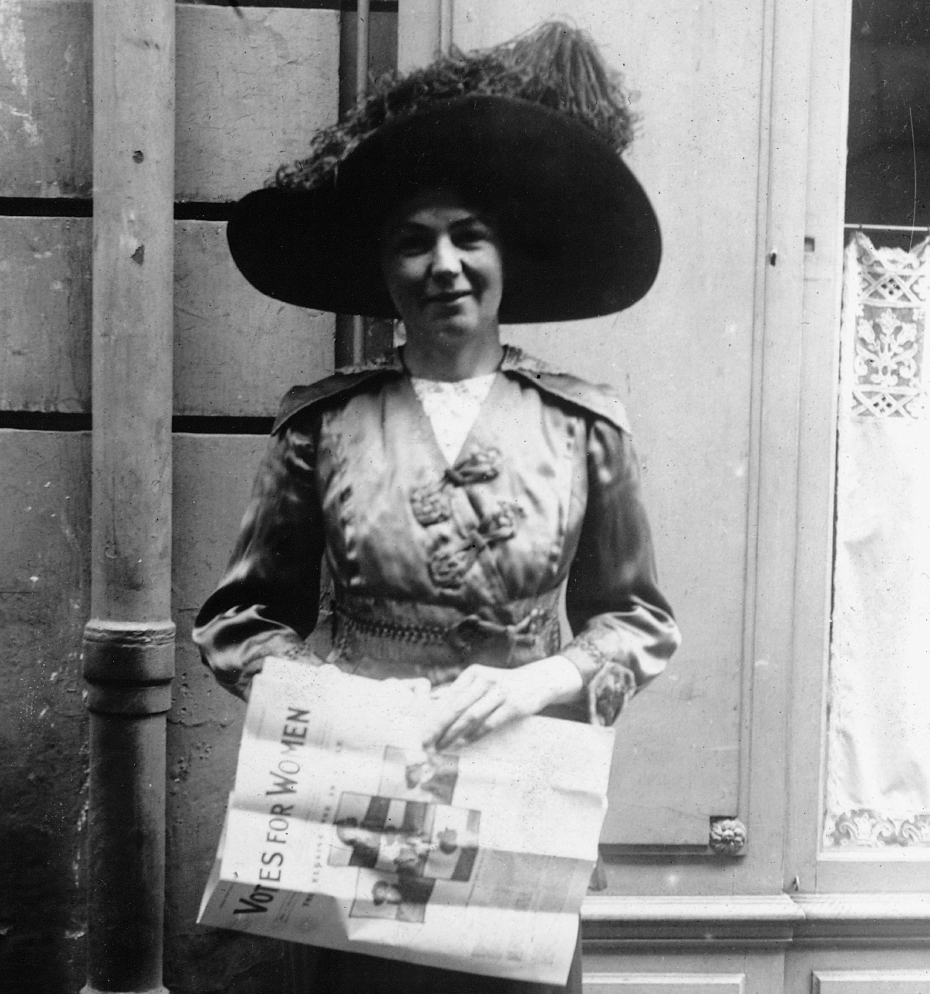Understanding World Societies:
Printed Page 710
Introduction for Chapter 24
24 IDEOLOGIES OF CHANGE IN EUROPE 1815–
> What role did social conflict play in nineteenth-

After reading the chapter, use LearningCurve to retain what you’ve read.
> CHRONOLOGY
| ca. 1790s– |
1861 |
| Romantic movement in literature and the arts | Freeing of Russian serfs |
| 1814– |
1866– |
| Congress of Vienna | Unification of Germany |
| 1832 | 1873 |
| Reform Bill in Britain | Stock market crash spurs renewed anti- |
| ca. 1840s– |
1883 |
| Realism is dominant in Western literature | First social security laws to help workers in Germany |
| 1845– |
1889– |
| Great Famine in Ireland | Second Socialist International |
| 1848 | 1890– |
| Revolutions in France, Austria, and Prussia; Marx and Engels, The Communist Manifesto; first public health law in Britain | Massive industrialization surge in Russia |
| 1854 | 1904– |
| Pasteur studies fermentation and develops pasteurization | Russo- |
| 1854– |
1905 |
| Development of germ theory | Revolution in Russia |
| 1859 | 1906– |
| Darwin, On the Origin of Species by the Means of Natural Selection | Social reform in Britain |
| 1859– |
|
| Unification of Italy |